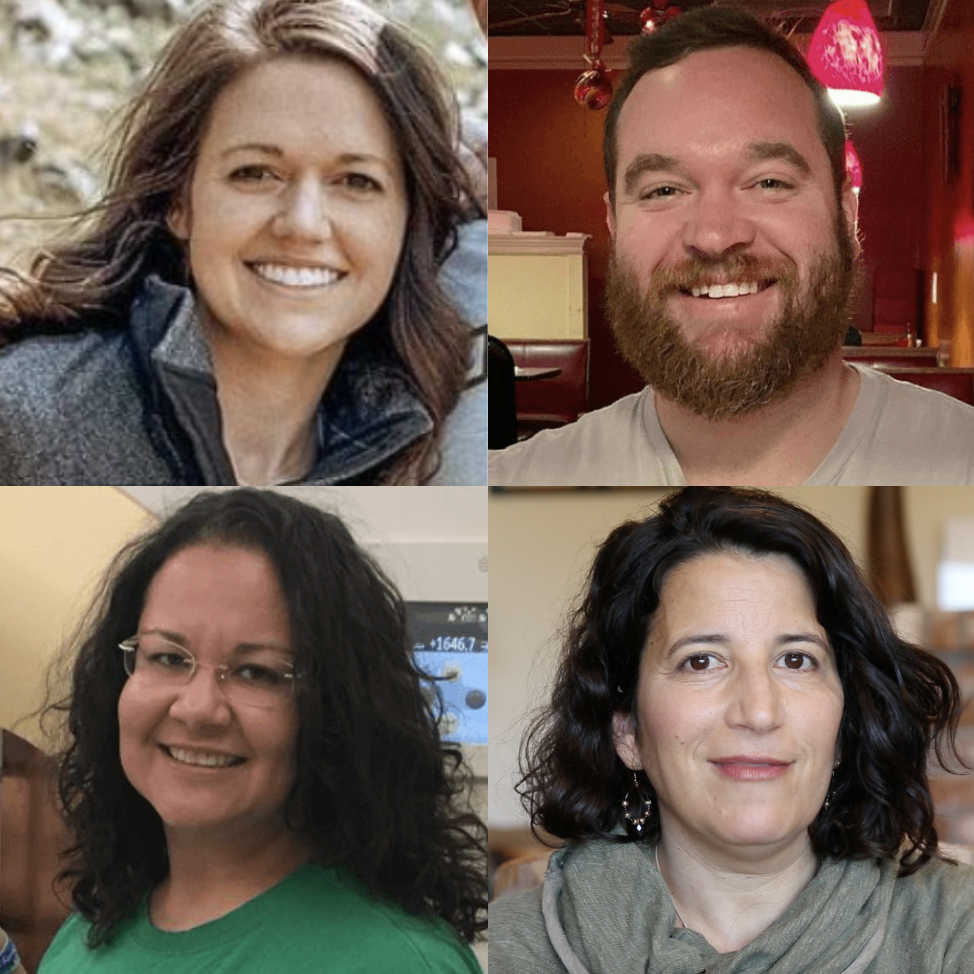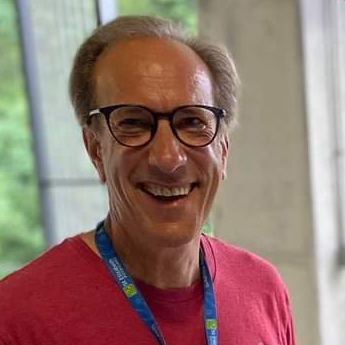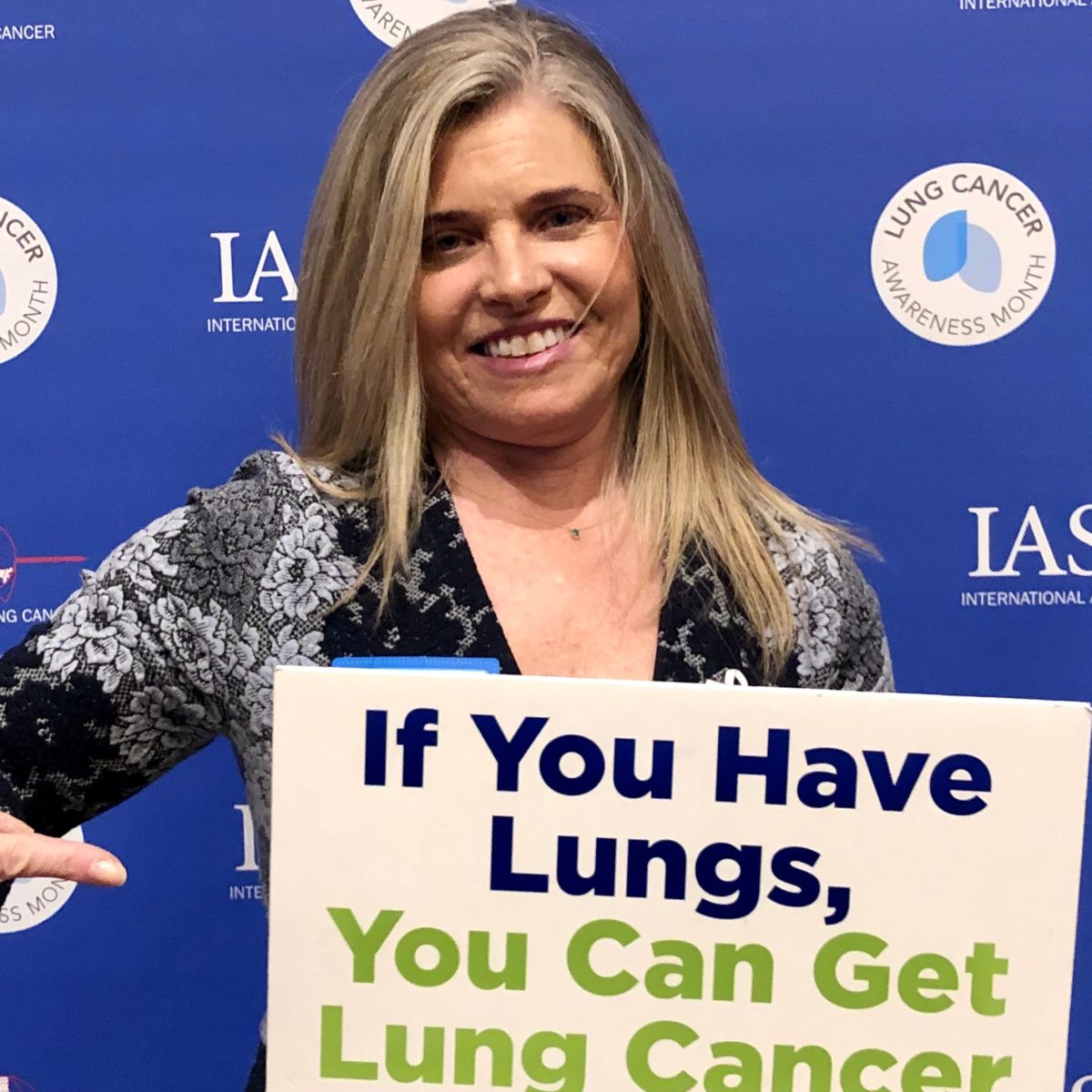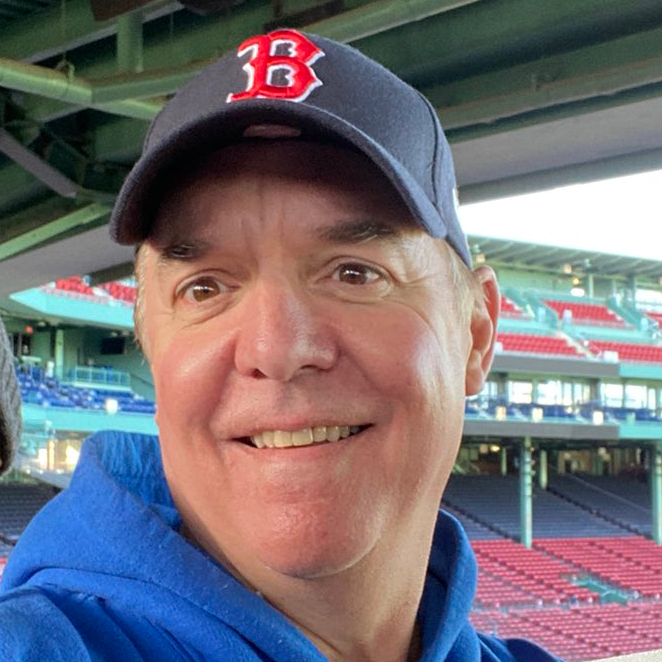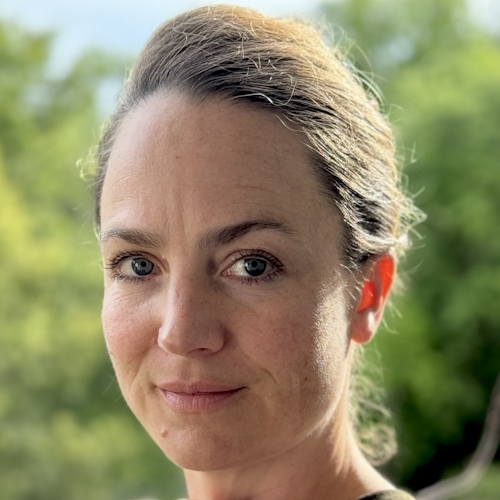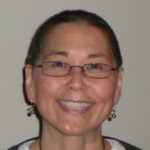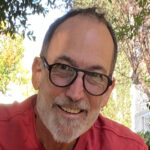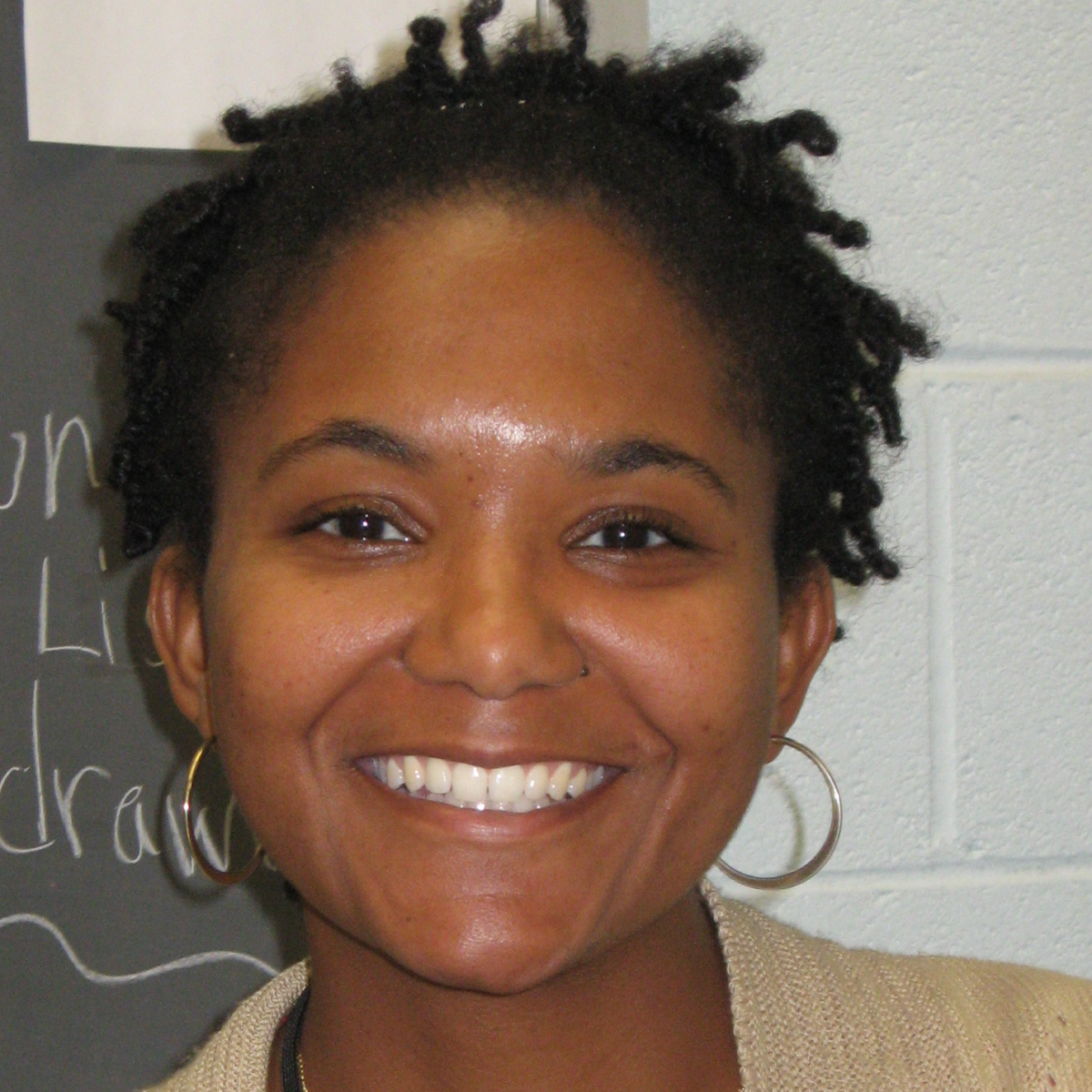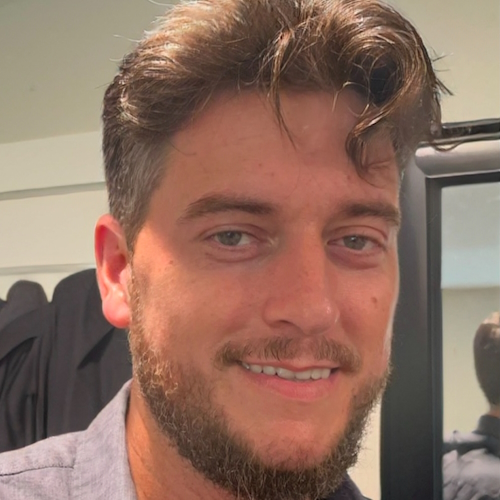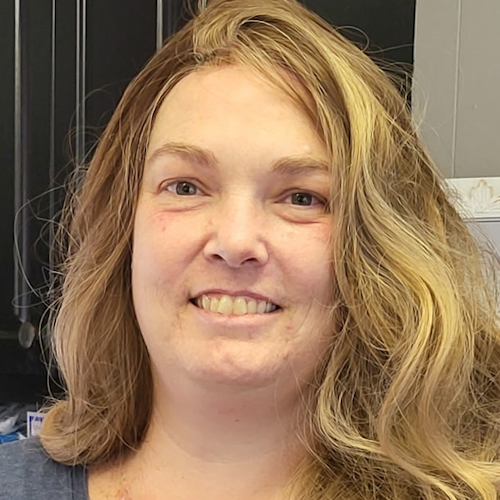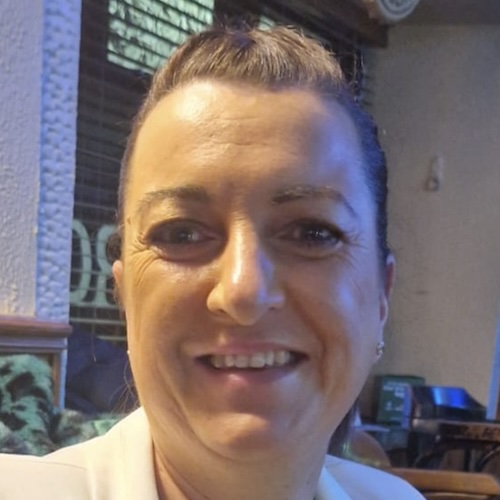Lung Cancer Patient Stories and Expert Interviews
Unsure of what to do after a lung cancer diagnosis? Explore in-depth lung cancer patient stories from our community members who share everything from first symptoms to navigating life with cancer.
Also hear from lung cancer experts, like an oncologist who specializes specifically in all lung cancer cases and talk about developments in targeted therapies that have helped decrease the number of NSCLC deaths in recent years. There is a lot of development in understanding biomarkers that have led to new treatment options.
Our Latest Video: The ROS1 Biomarker Explained
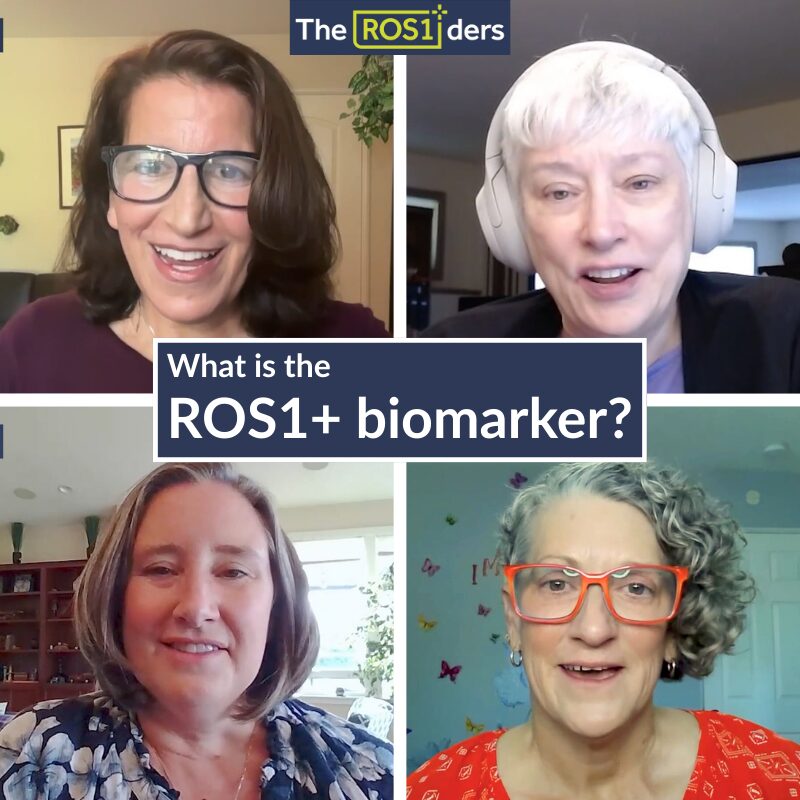
This four-part video series, created in collaboration with our partner, TheROS1ders advocacy organization, is designed to help patients and care partners better understand ROS1-positive cancer and feel less alone (and more empowered) after diagnosis.
The series, lead by patient advocates and ROS1+ oncology experts, explains why finding the ROS1 biomarker matters and how community knowledge can support more informed care conversations.
The White Ribbon Project Series
The White Ribbon Project is a grassroots organization is powered by lung cancer patients, caregivers, healthcare providers, researchers – anyone who wants to help raise lung cancer awareness. The group creates and distributes wooden white ribbons as a symbol of its powerful movement to shift the narrative on lung cancer and break stigmas.
Dr. Michael Gieske
Background: Doctor fighting for early lung cancer screening story Focus: Encouraging more screening for lung cancer
Heidi Nafman Onda
Background: Diagnosed with stage 3 lung cancer, started The White Ribbon Project to push awareness of anyone with lungs can get lung cancer
Focus: Encouraging lung cancer story sharing, inclusion of everyone in the community
Dave Bjork
Background: Underwent stage 1 lung cancer surgery, in remission for decades, hosts own cancer researcher podcast
Focus: Encouraging lung cancer story sharing, passionate advocate for early screening and biomarker testing
Anne LaPorte
Background: Spent 35 years as nurse, then caregiver to father & daughter both diagnosed with cancer, before diagnosed with stage 4 lung cancer, herself (EGFR+)
Focus: Encouraging patient and caregiver advocacy, biomarker testing for more treatment options, early detection
Lung Cancer Stories
Non-Small Cell Lung Cancer Stories
Non-small cell lung cancer makes up about 85- to 95-percent of all lung cancer cases. Explore non-small cell lung cancer stories below.
“Under the umbrella of non-small cell lung cancer, there are now sub-categories based on molecular changes,” Dr. Camidge explains. “That means it’s not just based on what it looks like down the microscope, but if you suck DNA out of the cancer, you can find different mutations that act differently. “
Kathrin W., Non-Small Cell Lung Cancer, ALK+, Stage 4 (Metastatic)
Symptoms: Weakness, decline of performance in sports, depression, pain in left foot
Treatments: Radiation therapy, targeted therapy
Ashley H., Non-Small Cell Lung Cancer, ROS1+, Stage 1
Symptom: No lung cancer-specific symptoms; sudden appearance of lump on chest wall
Treatment: Surgery (lobectomy)
Luna O., Non-Small Cell Lung Cancer, ROS1+, Stage 4 (Metastatic)
Symptom: None involving the lungs; severe abdominal pain
Treatments: Chemotherapy, targeted therapy
Jeff S., Non-Small Cell Lung Cancer with EGFR exon 19 Deletion, Stage 4 (Metastatic)
Symptom: Slight cough
Treatments: Surgery, radiation, chemotherapy, targeted therapy
Small Cell Lung Cancer Stories
Small cell lung cancer (SCLC) is only about 12-percent of lung cancer cases according to Dr. Camidge. Explore small cell lung cancer stories below.
Montessa L., Small Cell Lung Cancer
Symptoms: Chest pain, lingering cough
Treatments: Chemotherapy (cisplatin switched to carboplatin, etoposide), chest radiation, brain radiation (prophylactic)
...
Brian M., Small Cell Lung Cancer, Limited Stage
Symptoms: Persistent heartburn (suspected GERD), shoulder/armpit pain
Treatments: Chemotherapy, radiation therapy
...
Kristen P., Small Cell Lung Cancer, Stage 4
Symptoms: Shortness of breath during tennis sessions, persistent shoulder pain, severe pain in right side
Treatments: Radiation, chemotherapy, immunotherapy, bone-strengthening medicines
...
EGFR Lung Cancer Stories
Samantha V., Lung Cancer, EGFR+, Stage 2, Grade 3
Symptoms: Breathlessness, hoarseness, sinus infections, fatigue, pain in left side
Treatments: Clinical trial (targeted therapy)
Natasha L., Lung Cancer, EGFR+, Stage 4
Symptoms: Hoarse voice, squeaky breathing, cough, weight loss, fatigue
Treatment: Targeted therapy
Jeff S., Non-Small Cell Lung Cancer with EGFR exon 19 Deletion, Stage 4 (Metastatic)
Symptom: Slight cough
Treatments: Surgery, radiation, chemotherapy, targeted therapy
Jill F., Non-Small Cell Lung Cancer with EGFR Exon 19 Deletion, Stage 1A
Symptom: Nodule found during periodic scan
Treatments: Surgery, targeted therapy, radiation
Filipe P., Non-Small Cell Lung Cancer with EGFR Exon 19 Deletion, Stage 4 (Metastatic)
Symptom: Headache
Treatments: Surgery (to remove brain metastasis), cryoablation (to remove kidney metastasis), targeted therapy, SBRT, bispecific antibody
Lung Cancer Oncologists Interviews
Learn from the stories and interviews of lung cancer oncologists.
No post found
Lung Cancer Background
Lung cancer is the third most common cancer in the United States and includes two main types: non-small cell lung cancer (NSCLC), which make up about 75- to 75-percent of lung cancer cases, and small cell lung cancer (SCLC), at about 12- to 13-percent.
Lung Cancer Treatments
There are new treatment breakthroughs happening for different lung cancer types.
The 12-percent (small cell) is desperately in need of a breakthrough. They’ve been using the same chemotherapy for about 30 years. The first real breakthrough happened in October 2018 when they started adding immunotherapy.
Dr. D. Ross Camidge

Smoking and Stigma
It’s important to note that people with a wide range of smoking backgrounds – no history, some history, history of heavy-smoking, can all develop lung cancer.
More recently, there have been a growing number of campaigns to raise awareness about lung cancer and how anyone can be impacted. One popular message is, “If you have lungs, you can get lung cancer.”
“It becomes incredibly frustrating as an oncologist when people assume all my patients are smokers. My youngest patient was 14 when she was diagnosed, and people went, ‘Was she a smoker?’ Of course she wasn’t a smoker,” shares Dr. Ross Camidge, a lung cancer oncologist.
That prejudice is a way of removing empathy. We should educate people that that’s actually a very rude question to ask.
